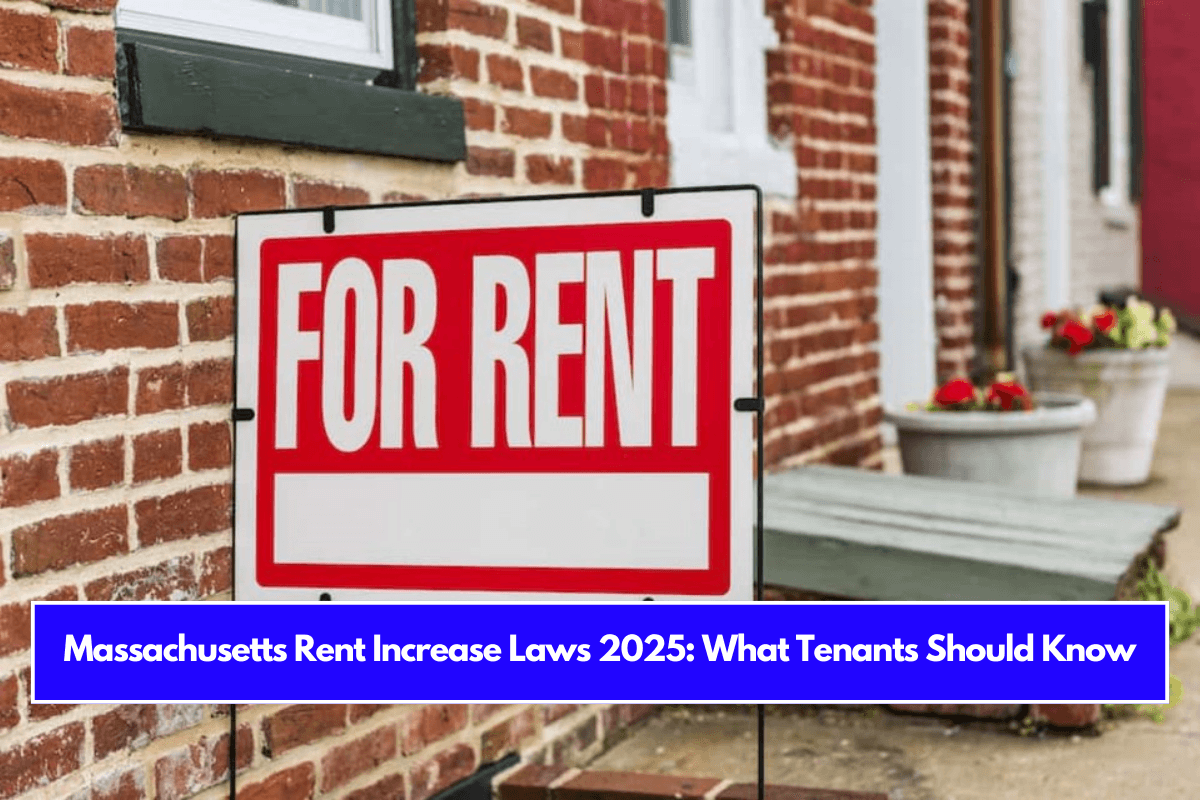In Massachusetts, tenants should be aware of rent increase laws to protect their rights and understand their responsibilities in 2025. Unlike some states, Massachusetts has no statewide rent control laws, meaning there is no legal limit on how much landlords can raise the rent. However, there are still regulations in place to protect tenants from unfair practices.
Key points for tenants:
- No Rent Control: Massachusetts does not have statewide rent control, so landlords can set rental prices freely.
- Notice Requirement: Landlords must provide a written notice before increasing rent. For a tenancy-at-will (month-to-month agreement), a landlord must give at least 30 days’ notice or one full rental period in advance, whichever is longer.
- Lease Agreements: During a fixed-term lease, the rent cannot be increased unless the lease specifically allows it. To avoid rent increases, tenants can negotiate a fixed-term lease.
- Discrimination and Retaliation: Rent increases cannot be discriminatory or retaliatory. Landlords cannot increase rent based on a tenant’s race, color, religion, national origin, sex, disability, or familial status.
- Challenging Rent Increases: Tenants have the right to challenge unfair rent increases. It is important to know your rights and responsibilities to protect yourself from potential disputes.
- Rental Agreement Laws: For tenancies longer than 12 months, a written rental agreement is required, including the rental unit’s description, rent amount, due date, and late fees, lease duration, and landlord and tenant’s rights and responsibilities.
- Security Deposits: Security deposits cannot exceed one month’s rent, and landlords must store security deposits in interest-bearing accounts. Tenants can request a receipt for their deposit within 30 days.
Landlord Considerations:
- Landlords are generally free to raise the rent to market rates unless local ordinances impose restrictions.
- Rent increases must comply with the terms of the lease and tenant protections as outlined by the Fair Housing Act.
- Communicating rent increases clearly and legally is crucial to avoiding accusations of unfair treatment.
Other Laws and Regulations
- Tenants in public or subsidized housing may have different guidelines, including legal limits on rent based on income.
- If a property is foreclosed, the tenant retains the right to a notice before a rent increase.
- Tenants should seek legal advice to ensure compliance with Massachusetts laws when faced with a rent increase.
While Massachusetts law gives landlords freedom in setting rental prices, tenants have rights that protect them from discrimination, retaliation, and improper notice of rent increases. Staying informed, understanding lease agreements, and knowing your rights are key to navigating rent increase laws in Massachusetts.
Sources:
[1] https://www.steadily.com/blog/rent-increase-laws-regulations-massachusetts
[2] https://www.steadily.com/blog/how-much-can-a-landlord-raise-rent-in-massachusetts
[3] https://rentpost.com/resources/article/raise-rent-laws-in-massachusetts/
[4] https://www.reneelazarlaw.com/blog/2024/01/massachusetts-rent-increase-laws-what-tenants-should-know/








